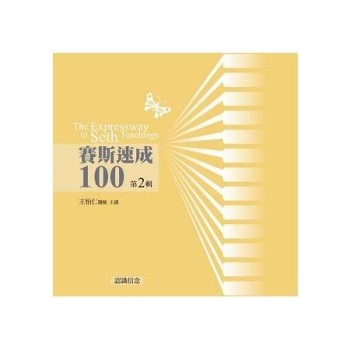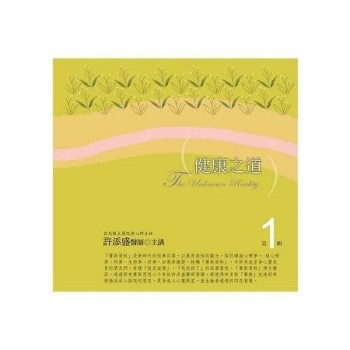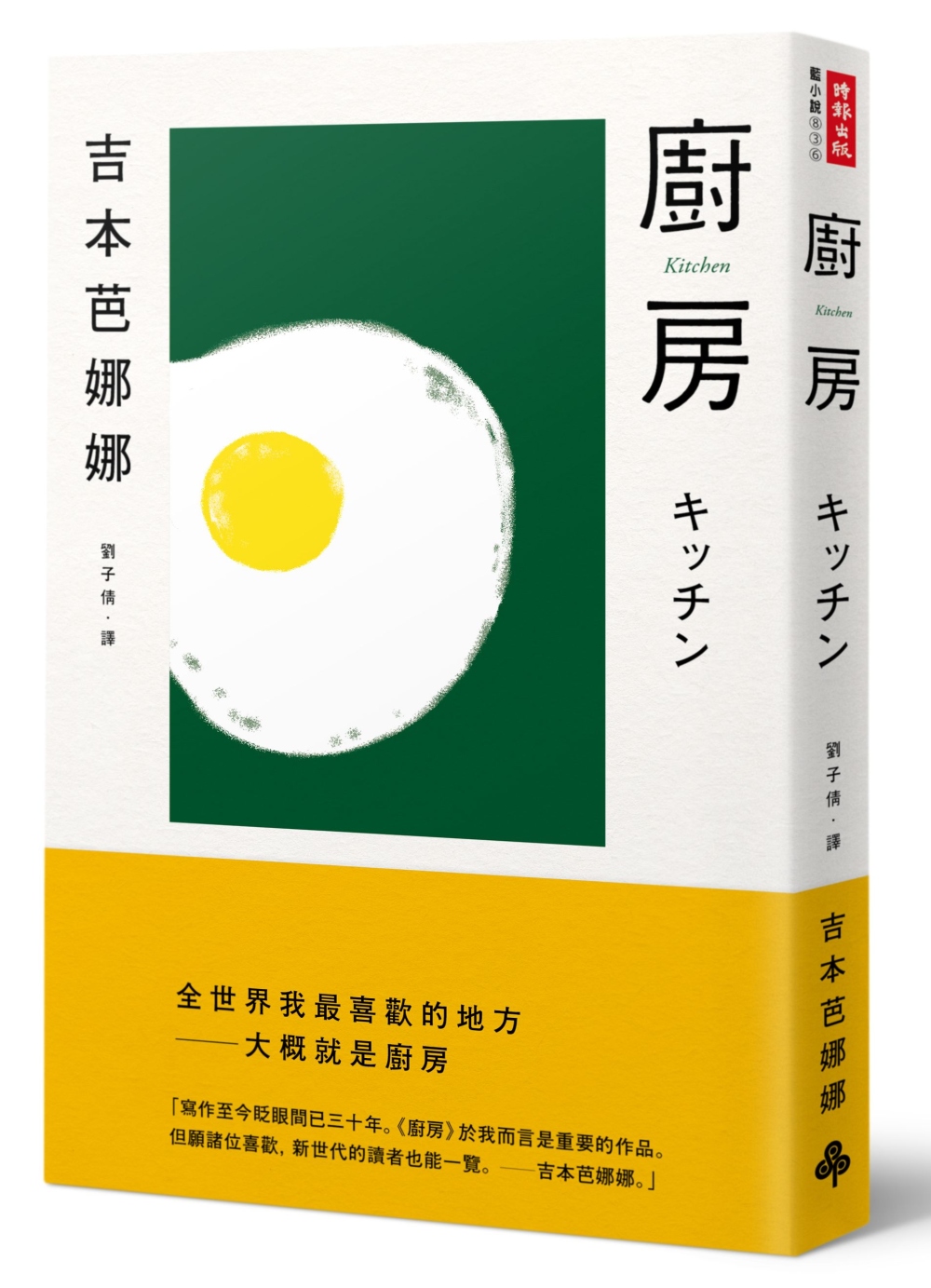This book discusses the phonological history of Mataguayan, a language family that includes no less than four distinct languages - Maká, Nivaĉle, Chorote, and Wichí - spoken by ca. 65.000 individuals in the Southern Chaco region in Argentina, Paraguay, and Bolivia. The book starts by offering a phonological reconstruction of Proto-Mataguayan, with separate chapters dedicated to its consonants, vowels, word-level prosody, and morphophonological alternations. This is followed by an outline of the phonological evolution of each Mataguayan language all the way from Proto-Mataguayan to contemporary lects, with a special attention to the dialectal diversity of Nivaĉle, Chorote, and Wichí. The study concludes with an etymological dictionary of Mataguayan, where known cognate sets are accompanied by comments on phonetic irregularities, semantic shifts, possible cognates in the neighbouring Guaicuruan family, and references to earlier studies.
| FindBook |
|
有 1 項符合
historical phonology of mataguayan的圖書 |
 |
$ 4675 | Historical phonology of Mataguayan
作者:Nikulin 出版社:Language Science Press 出版日期:2024-10-29 語言:英文 規格:精裝 / 680頁 / 24.41 x 16.99 x 3.66 cm / 普通級/ 初版  看圖書介紹 看圖書介紹
|
|
|
圖書介紹 - 資料來源:博客來 評分:
圖書名稱:Historical phonology of Mataguayan
|










